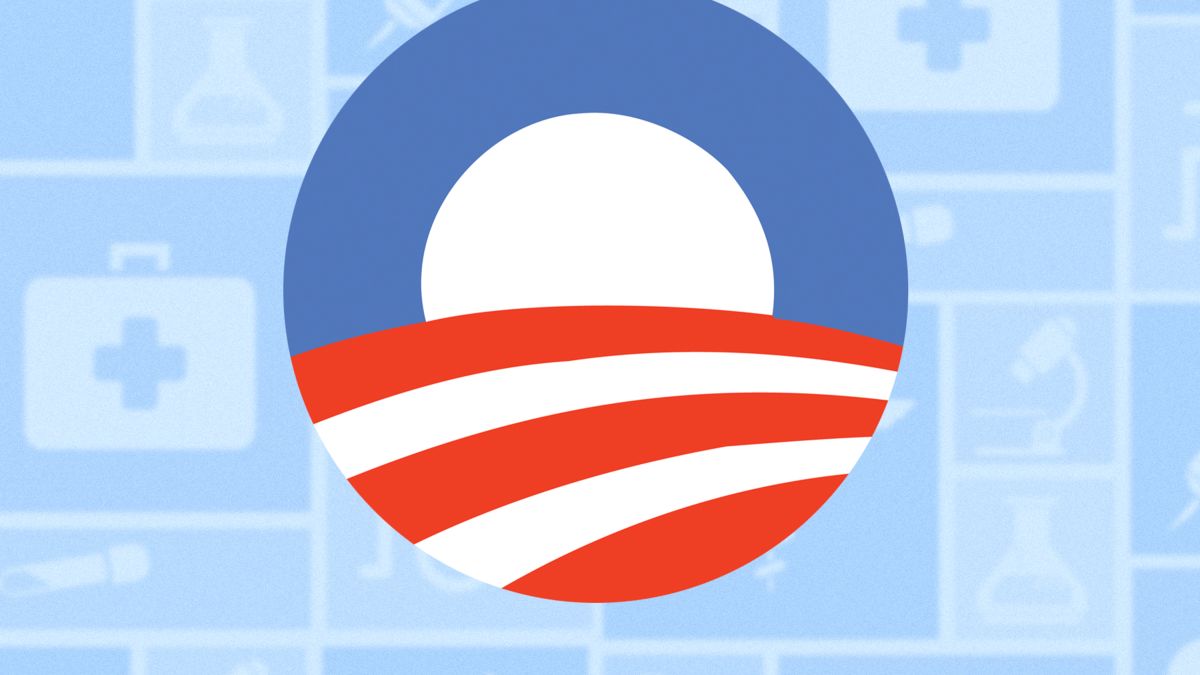
Healthcare, if I’m to be blunt, is a complete mess. Health insurance is a mess, the pharmaceutical industry is a mess, and above all, our politicians. Among the candidates seeking the Democratic nomination for President of the United States, healthcare is perhaps the most divisive issue. And for good reason, a plethora of polling data says that healthcare reform is the top priority among Democratic caucus-goers and primary voters. Yet despite a party consensus that something needs to change about our current system, no one can seem to agree on what that change entails. With terms like “single-payer”, “public option”, and “Medicare for All” being thrown around, there’s a lot of confusion when politicians use intentionally opaque language. By the end of this article, hopefully there will be a bit more clarity on what these different healthcare plans actually mean.
What is a public option?

During the Obama administration, there were attempts to tie in a health insurance program with the Affordable Care Act. The federal government would offer health insurance that would directly compete against private insurance plans. This would serve as an alternate plan that typically would still include certain premiums, co-pays, and deductibles.
What is single payer?

Single payer healthcare is a system where the government provides coverage to all its citizens and pays for the plan by generating tax revenue. There are many different ways to implement such a system, and many developed countries differ in their approach to balancing public and private health insurance. For example, Australia’s version of single-payer allows for government coverage and private insurance to coexist.
What is Medicare for All?

Medicare is a health insurance plan that the federal government primarily offers to Americans over the age of 65, as well as certain disabled people. While he is perhaps the most vocal advocate of universal healthcare, Bernie Sanders was not in fact the first senator to propose a bill titled “Medicare for All”. In 2006, Senator Ted Kennedy proposed the “Medicare for All Act”. Today, there is much debate over politicians using the term “Medicare for All” in describing various healthcare plans. Generally, the most accepted definition of Medicare for All includes a lowering of the eligibility age for Medicare and implementing a new taxation scheme in order to fund universal healthcare.